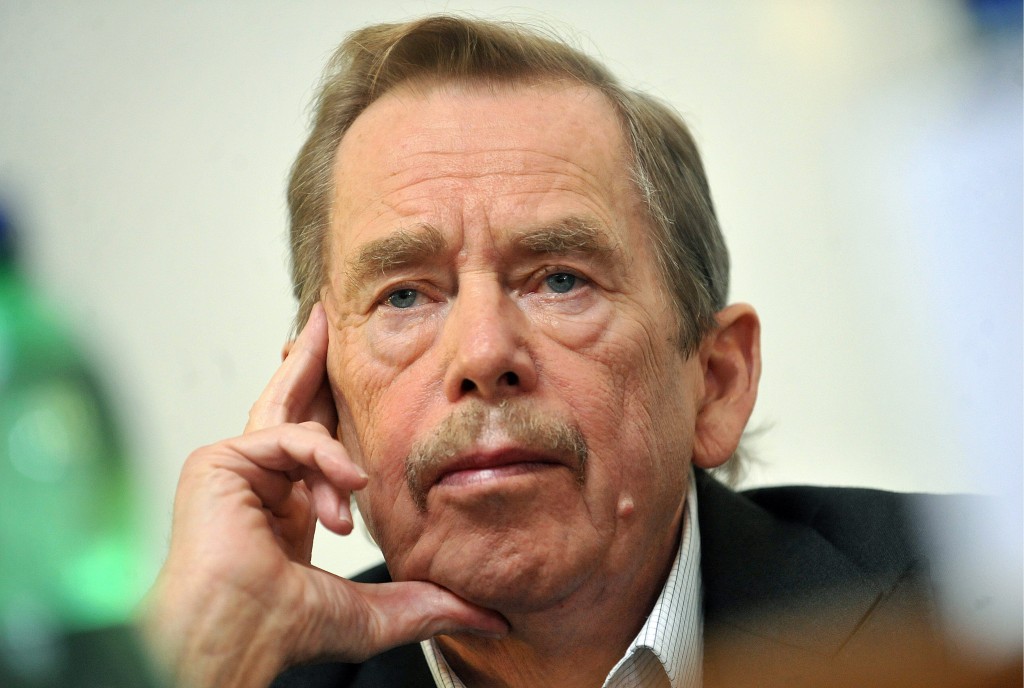Vaclav Havel Wrote to Make Europe Free

Asked once whether he would like to be remembered as an author or as a politician, Vaclav Havel answered that he was first and foremost a, “dramaturge who acted as a citizen and thanks to this circumstance was able to spend a part of his life in a political position.”
Havel’s outlet was always the stage; especially were he conceptualized the big struggles of his time. One of his later works, the 1985 play Temptation is a great example for this in, which he outlines the struggle between conscience and conformity in the face of communist oppression.
Considering the fact that Temptation was a Czech adaption of Goethe’s Faust shows yet again the subtle but effective way in which Havel used the theatre stage as a peaceful medium of opposition against the communist regime. Gene Sharp the professed guru of The Politics of Nonviolent Action certainly would take much liking in Havel’s works and methods.
Havel’s most famous works The Garden Party (1963) and The Memorandum (1965) both reached international fame with their depictions of the absurd bureaucratic monster that communism was. In the story an official tries implement a new “scientific” language called Ptydepe, which no one ends up understanding.
When Vaclav Havel sat down with Karel Hvizdala back in 1990 for an interview, the exiled Czech journalist asked Havel to keep it short. However “keeping it short” contradicted with Havel’s nature, which abhorred being confined into a straightjacket of thought or action.
The end result of “keeping it short” was a 256-page interview account entitled Disturbing the Peace: A Conversation with Karel Huizdala, which was published in 1991.
Havel was never a man who would opt for the short, concise, condensed and sweet account, which lacked authenticity and hence become worthless. Havel rather was much like George Orwell whose thorough engagement with the world led him to master the realm of political non-fiction.
The consequence of Havel’s perseverance and his spearhead role in the Charter 77 movement was repeated incarceration. Havel was imprisoned from 1979 until February 1983, and again for four months in 1989.
Havel however never crumbled and with his vita served as an example to generations of common citizens that, with discipline and effort, they too could break the chains of oppression and ban propaganda from their everyday language and stand up against their communist aggressor.
I am personally very grateful to Vaclav Havel since I believe that his feverous and tireless yet peaceful resistance to communism ensured that I grew up in a Europe bound by common interests rather than trenches or iron curtains. Angela Merkel echoes these sentiments when she says that, “Especially we Germans have much to thank him.”
The more recent focus on Havel and his private life will not and should not draw attention from the instrumental role Vaclav Havel had in disintegrating communism in the Czech Republic and piloting the Czech Republic into both NATO and the EU.
Vaclav Havel’s final curtain has closed however his work lives on.

